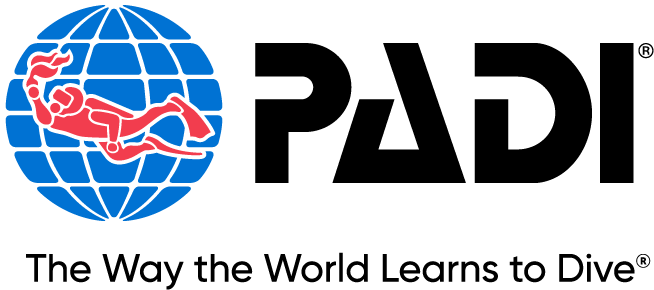
Mastering Buoyancy Control
As novice divers embark on their underwater adventures, they often focus on mastering the basics of breathing techniques, equipment handling, and underwater navigation. However, one fundamental skill that often gets overlooked but is crucial for their safety and enjoyment is buoyancy control. In this blog, we’ll delve into why buoyancy control is paramount for beginner divers and how mastering this skill enhances their diving experience.
The Importance of Buoyancy Control: Buoyancy control is the ability to maintain neutral buoyancy underwater, meaning you neither sink nor float but instead hover effortlessly. Here’s why it’s so crucial for beginner divers:
- Safety:
- Buoyancy control is directly linked to safety underwater. Proper buoyancy ensures that divers can maintain a consistent depth, preventing accidental collisions with the reef or other hazards.
- Being neutrally buoyant also allows divers to conserve energy, reducing the risk of fatigue and potential accidents.
- Environmental Conservation:
- Mastering buoyancy control helps divers minimize their impact on delicate underwater ecosystems. By avoiding contact with the seabed and reef structures, divers prevent damage to coral and marine life.
- Enhanced Dive Experience:
- Good buoyancy control leads to a more enjoyable diving experience. When divers can effortlessly glide through the water without constantly adjusting their depth, they can focus more on observing marine life and taking in the underwater scenery.
- It also allows for better underwater photography and videography, as steady buoyancy facilitates capturing clear and stable images.
- Conservation of Air Supply:
- Proper buoyancy control leads to efficient air consumption. When divers maintain neutral buoyancy, they expend less energy and air adjusting their depth, resulting in longer dive times and increased enjoyment underwater.
Tips for Improving Buoyancy Control: For beginner divers looking to enhance their buoyancy control skills, here are some useful tips:
- Invest in Proper Training:
- Enroll in a certified diving course where instructors can provide hands-on guidance on buoyancy control techniques. Proper training lays the foundation for mastering this skill safely and effectively.
- Practice Regularly:
- Buoyancy control is a skill that improves with practice. Spend time in the water honing your control, experimenting with different breathing patterns, and adjusting weight distribution to achieve neutral buoyancy.
- Use Buoyancy Compensators (BCDs) Wisely:
- Learn how to use your buoyancy compensator effectively to fine-tune your buoyancy underwater. Practice inflating and deflating the BCD in small increments to maintain precise control over your depth.
- Stay Relaxed:
- Tension and anxiety can disrupt buoyancy control. Focus on staying calm and relaxed underwater, as this helps conserve energy and improves overall buoyancy control.
Buoyancy control is a fundamental skill that beginner divers must prioritize in their training. Not only does it contribute to their safety and the preservation of underwater environments, but it also enhances their overall diving experience. By investing time and effort into mastering buoyancy control, novice divers can unlock a world of underwater exploration with confidence and ease.
Remember, safe and enjoyable diving starts with mastering the basics, and buoyancy control is undoubtedly at the forefront of those essentials. So, dive in, practice, and enjoy the wonders beneath the waves!


